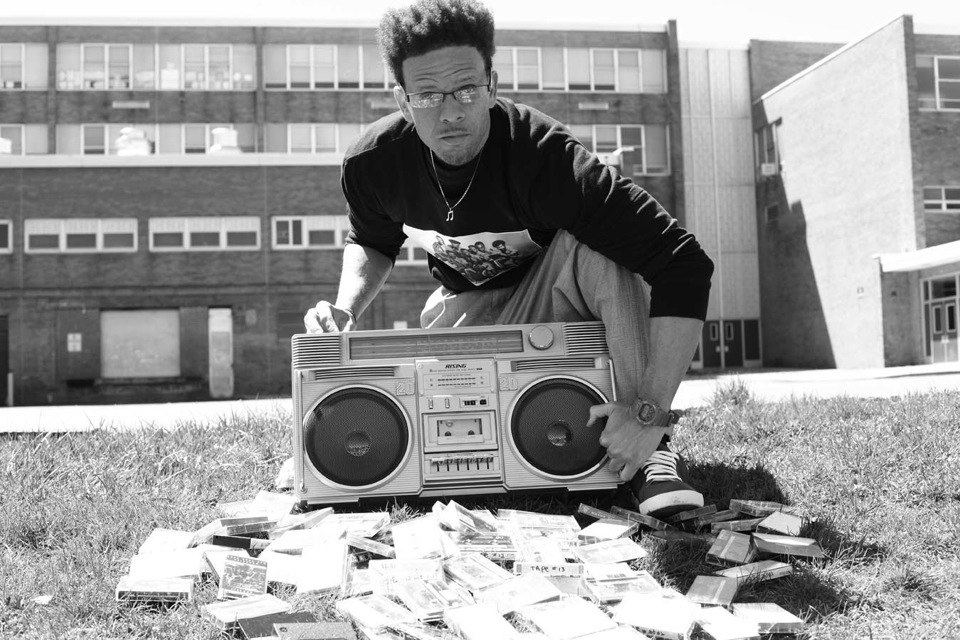
I’m gonna take a wild guess and assume that many of our younger readers have never heard of J-Zone. They’ve never screwed their face listening to Music For Tu Madre, got in pimp mode with Pimps Don’t Pay Taxes, or got high to A Job Ain’t Nuthin’ But Work. While they may not know J-Zone the rapper, the producer, the DJ, and most recently acclaimed author of the book Root For The Villain: Rap, Bullshit, and a Celebration of Failure, they do know his story. J-Zone’s story is like many in the music business. He’s an independent artist that got bit by the music bug as a pre-teen, spent hours digging for records, and dug himself a niche as a studio rat while interning for labels in his native New York. At 22 he released his debut album, achieved some independent and underground success, struggled for many years, and by the age of 30, he retired from the music biz. His journey is chronicled in his book, which was released in the winter of 2011. It’s honest, comical, self-effacing, and an overall biting look into the music business from the eyes of an artist with moderate success. The book removes the wool from the eyes of a rap audience that thinks every emcee with a music video is rich, every new face on a blog has bling, and the fallacy that no true emcees work 9-5’s.
“We hear about a life that a lot of us will never live,” J-Zone told me during our recent phone interview. “You come from the bottom, you become a super star, and then you might have drug abuse you might go to jail for a year, but you never hear about them having to get a job. Us as artists, we’re no different than the fans reading the book. I wanted to show that.” J-Zone’s book has been critically acclaimed as well as celebrated by his peers. In this interview, I go in-depth with J-Zone about the writing process, any regrets he has while looking back, his current jobs as a Sports Reporter and music teacher, and more. Check it out, you will definitely learn something.
RubyHornet: I’ve seen the book written up everywhere with good reviews. Does it serve as any validation? Does it change the way you view your music career in hindsight?
J-Zone: Good question. Does it change the way I view my music career? I’ve been thrilled. I really didn’t expect the book to get that kind of response. I couldn’t believe it. It was great that people enjoyed it cause I really didn’t know what to expect. I went into the book with the same mindset that I used to go into records. I got accustomed to doing things just cause I wanted to do them, so the response was kind of overwhelming. In terms of my music, I just learned to look at it a different way. Not so much from the book, but when I was writing the book. The writing of the book itself is what enabled me to see in a different light, separate how my music is viewed by the general public or the average Joe Schmo, and how I see it. The response to the book really didn’t have anything to do with how I see my music career. It was more like leaving the music, getting out of it, and when you’re on the outside looking in as opposed to the inside looking around, your perspective is a little bit different.
